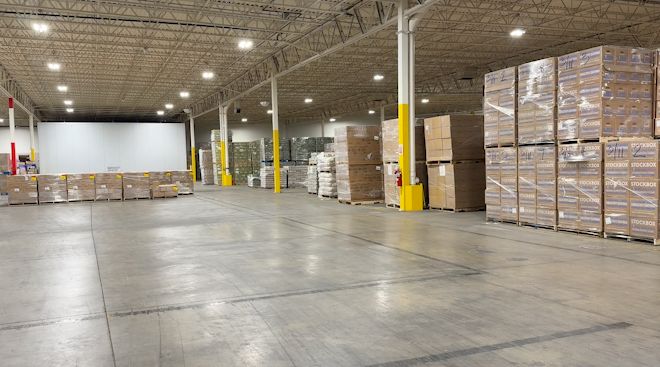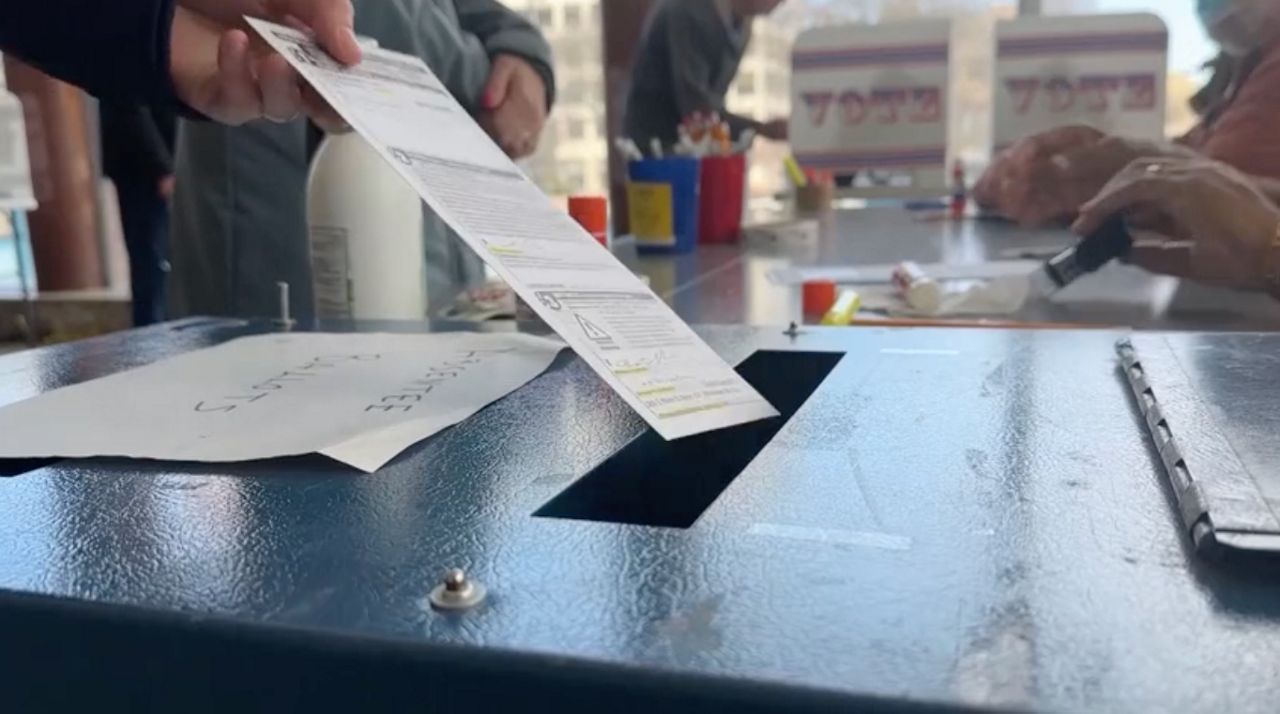GREEN BAY, Wis. — There is no downtime for Leo Gallagher and the small crew on the canning line at Titletown Brewing Co.
On a recent day they were busy canning a blueberry lager.
“I’m picking a can every pallet or so to do some seam tests and some dissolved oxygen testing,” he said. “I’m pulling cans that we save in our quality library that we taste later down the road for shelf life.”
Aluminum cans are a big part of Titletown’s business.
Between 40% and 50% of the beer produced by this Green Bay brewery gets to customers in cans.
“If people don’t go to bars or restaurants to drink beer they’re going to the grocery store,” Gallagher said. “If they don’t find our cans there, then they’re not drinking our product.”
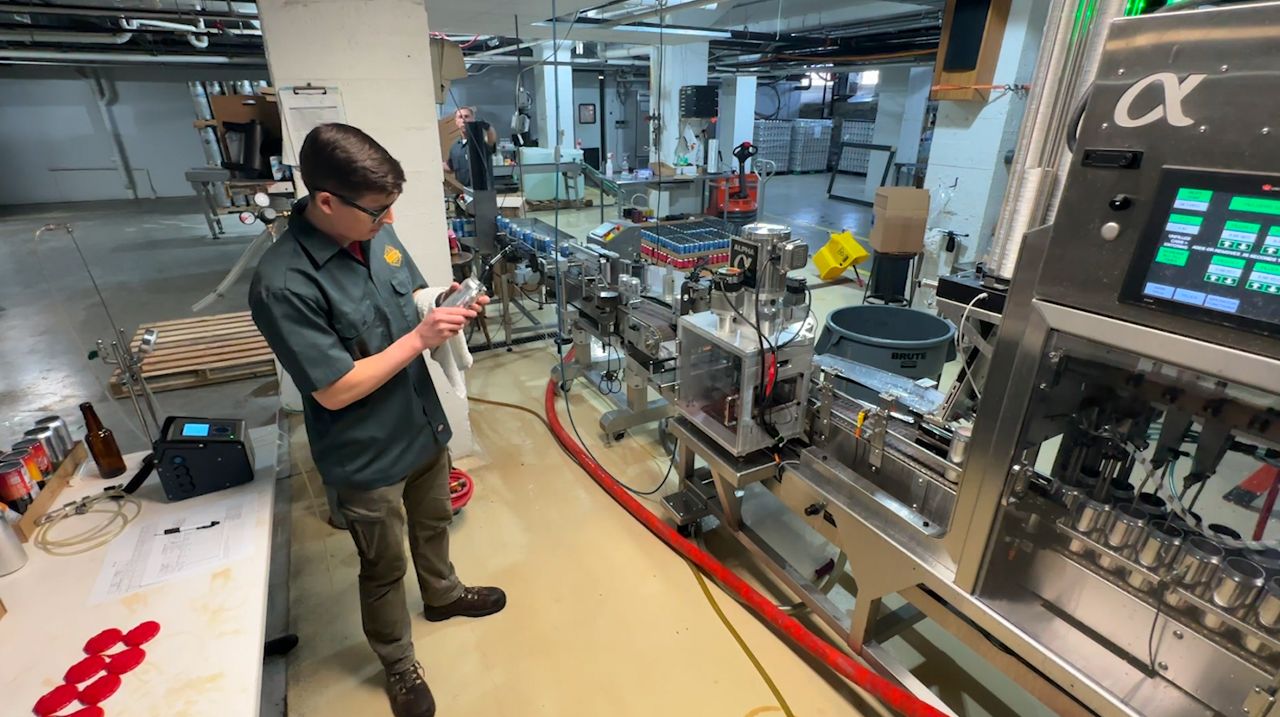
The Trump administration implemented 25% tariffs on steel and aluminum products coming into the United States in mid-March.
The Brewers Association said the move is likely to increase the cost of aluminum. The organization said in 2023 almost 70% of beer was packaged in cans.
Titletown’s Head Brewer, Jeff Kraft, said he’s acutely aware of the tariffs.
“It’s tough because we’re at a point where we can’t really pass on those increases to consumers. It’s most likely going to be a cost we just have to absorb,” he said. “We’re already making small margins on cans to begin with. It’s definitely going to be a hit for the brewery when they get passed down.”
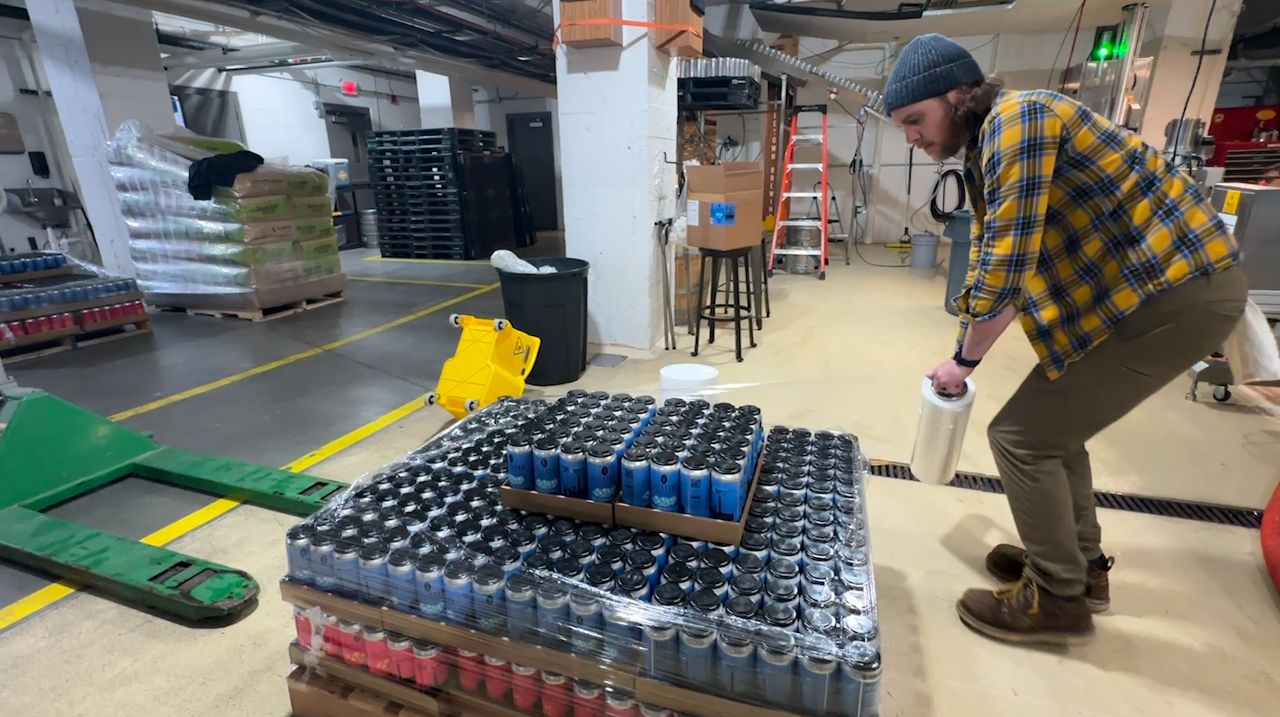
Titletown has cans in stock for another two months of operations but will then have to look at the market for more.
Kraft said higher prices and a tight margin on cans put more importance on the taproom located above the canning line.
“The more we can focus on people coming here and drinking beer at the taproom that’s better for us,” he said. “Then we don’t have to worry as much about can price increases.”
There’s a lot of work and a lot of business that goes into getting a beer to store shelves.
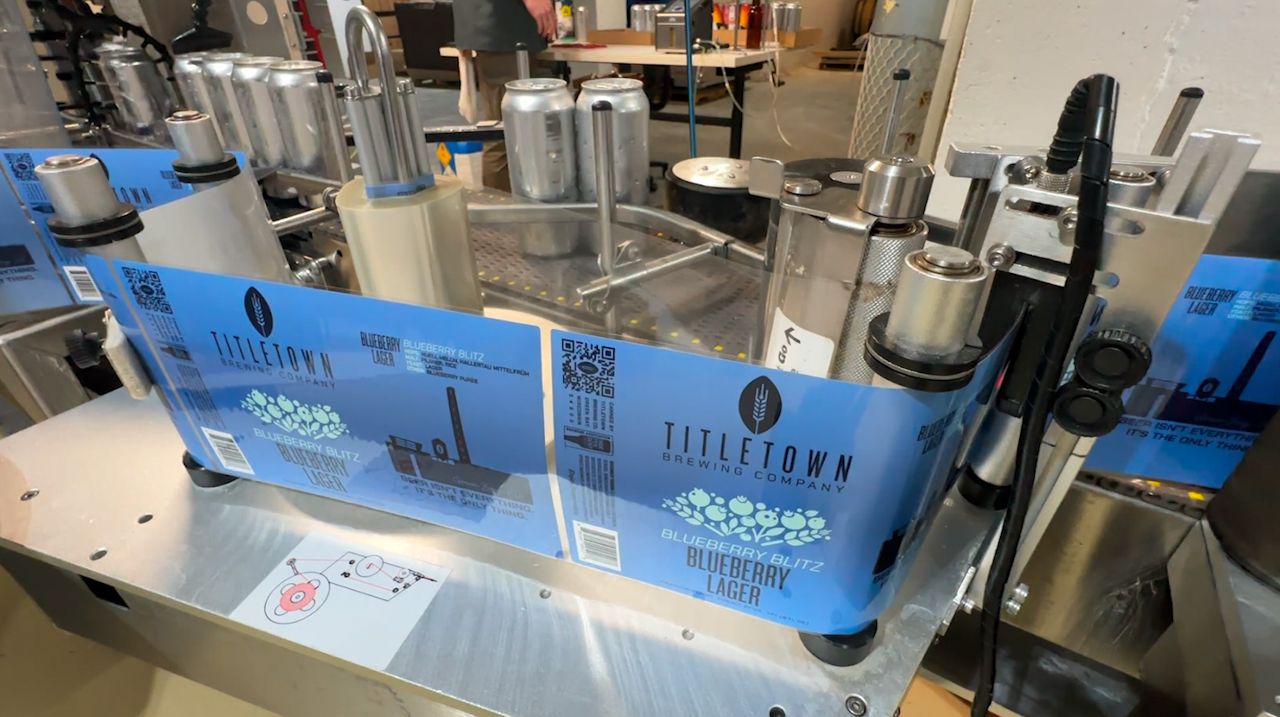
Gallagher said that usually goes unseen by customers.
“Sometimes I end up covered in beer. Sometimes it’s running up and down steps, I end up sweaty,” he said. “A lot of work goes into it, so when I see somebody cracking open a can or when I see people drinking in the taproom, that feels pretty good.”







